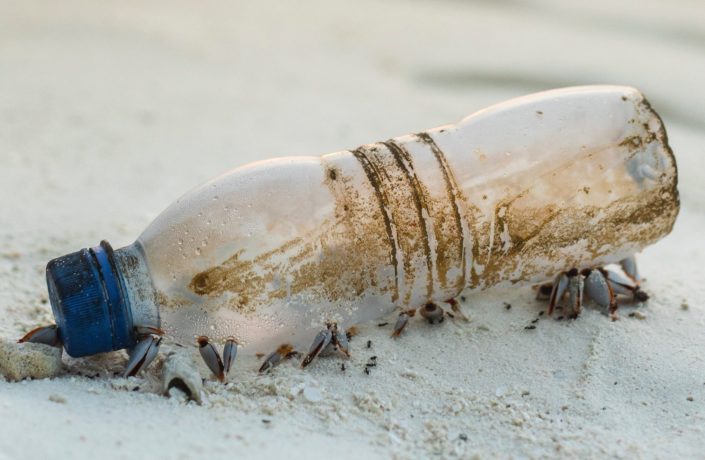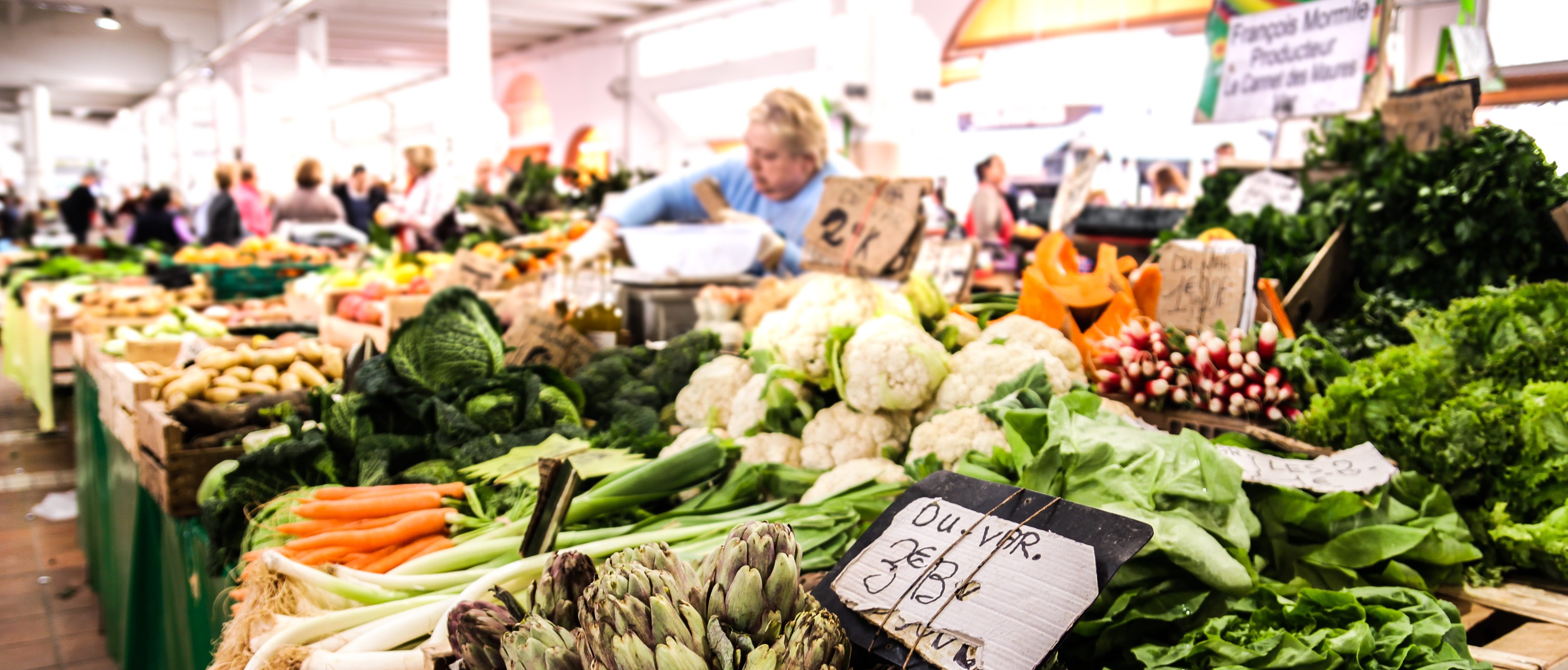 Insight
Insight
Bringing AI into the Commercial Kitchen to Tackle Food Waste
Posted on 5th April 2019
Globally, a third of all food is wasted and never reaches our forks. If food waste were a country, it would be the third largest emitter of greenhouse gasses after the US and China. Food waste is also a completely unnecessary financial burden for businesses to bear, costing the global economy around $1 trillion in lost output – equivalent to around 1.5 percent of global GDP. Food waste costs commercial kitchens between five and 15 percent of all food purchased, with some kitchens wasting up to 20 percent of all the food they buy. Food waste costs the hospitality industry alone around $100bn every year.

On a mission to remedy this Winnow Vision has launched its new AI-enabled product, Winnow Vision, to revolutionise food management in commercial kitchens for the benefit of both businesses and future generations, addressing food waste’s massive economic and environmental costs.
Using a camera, a set of smart scales and the same type of machine learning technology found in autonomous vehicles, Winnow Vision ‘learns’ to recognise different foods being thrown in the bin and calculates the financial and environmental cost of this discarded food to commercial kitchens. Businesses and chefs can then adjust their food purchasing decisions accordingly, reducing their spending and tackling a fundamental problem of food waste: overproduction.
The launch follows a proof of concept phase launched in January 2018 with early adopter partners IKEA and Emaar Hospitality Group, to test Winnow Vision’s technology in leading commercial kitchens around the world. Winnow and its early adopter partners have been working on the technology since October 2017. The pilot proved categorically that Winnow Vision surpasses human levels of accuracy and enables chefs to run smarter, more profitable and more efficient kitchens.
The launch of Winnow Vision follows Winnow’s first device, which consisted of a set of smart scales and identified food manually. Winnow has helped commercial kitchens save more than $30 million in annualised food costs which equates to preventing over 23 million meals going in the bin. The new, AI-powered Winnow Vision is already installed in over 75 kitchens and the technology will be rolled out to hundreds more this year.
Marc Zornes, CEO of Winnow, says: “Food waste is a global issue, and one that kitchens around the world are struggling with. Without visibility into what is being wasted, kitchens are wasting far more food than they think. By understanding and reporting food waste’s very real costs – both to the bottom line and the environment – Winnow Vision empowers chefs to take action. Using technology that learns and improves with each use, Winnow Vision has the ability to tackle food waste on a global scale.”
With the new AI-product, businesses install a piece of technology that can already recognise most food items and can be trained to learn other menu items in any kitchen. During the training and automation phases, the Winnow Vision system takes human input, providing a shortlist of possible menu items for kitchen staff to select, to quickly improve its predictions based on feedback. Over time, the system continues to improve and will automatically recognise food with no human interaction. Chefs can benefit from full reporting in their kitchens, helping cut food waste and save money with minimal to no effort.
Hege Sæbjørnsen, Country Sustainability Manager for IKEA UK & Ireland, said: “Sustainability is at the heart of everything we do at IKEA and a part of our DNA. We have set ourselves an ambitious target to cut our food waste by 50% across our operations before end of August 2020 and our partnership with Winnow is critical to realising that goal. We know that food waste is a complex issue, but Winnow Vision demonstrates that solutions to help tackle this don’t have to be.”
The new product was launched Friday 22nd March 2019. Learn more here.
Winnow was a winner in the 2019 Impact Awards in the category: Sustainable Living

